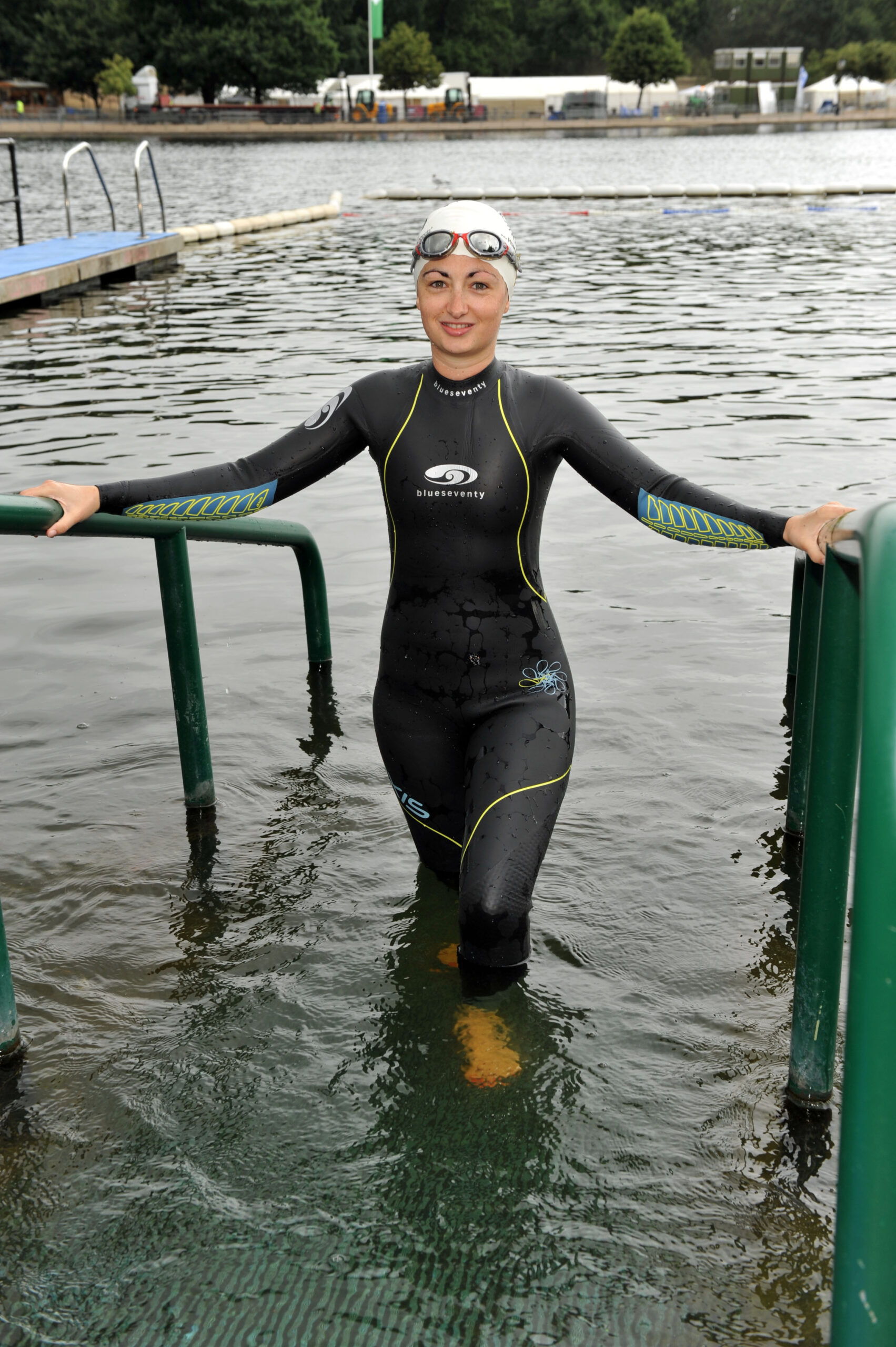Ice baths are commonly thought to reduce muscle inflammation and aid athletes in their recovery post-exercise. Yet a recent scientific study has brought into question their true benefits. Here’s what The Physiological Society has found…
Sports stars from Andy Murray to Mo Farah and Jessica Ennis-Hill rely on ice baths after competing - however new research suggests they should re-think their recovery plan. Researchers looking at post-exercise inflammation in skeletal muscle have found new evidence that challenges the merits of ice baths.
Researchers found that cold-water immersion doesn’t significantly reduce muscle inflammation after resistance exercise. This is according to a study by Dr. Jonathan Peake and colleagues published in the Journal of Physiology.
Cold water immersion reduces muscle temperature and blood flow, and this was thought to enhance repair of muscles damaged by exercise, by reducing inflammation. However, there’s a lack of data to back this up and Dr Peake's new research has called the assumption into question. He advises athletes across various sports “to re-think their strategies to minimise inflammation in the muscle."
Nine active young men aged 19-24, who were doing resistance training 2-3 times a week, participated in the study. They completed resistance exercises on two occasions, at least a week apart. After the first trial, they sat in cold water (10°c) up to their waist for 10 minutes. After the other trial, they performed 'active recovery' through a low-intensity warm down on a stationary bicycle. The researchers took muscle biopsies before, 2hrs, 24hrs and 48hrs after each trial. They examined the muscle tissue for changes in the expression of genes and proteins that indicate inflammation, comparing data between the two trials.
Though the research doesn't completely rule out cold-water immersion in post-exercise recovery. "More work remains to be done to establish whether other combinations of water temperature or duration of immersion produce different physiological effects in skeletal muscle and other soft tissues after muscle-damaging exercise", says Dr Peake.
When we questioned the science behind ice baths earlier this year, research suggested that cold water immersion, while advantageous to aerobic exercise and lowering core temperature, can be detrimental to strength-training adaptations. It was concluded that a light bike might be more effective when it comes to recovery, which offers some support to Dr Peake's research. We're wondering how research on ice baths will develop - watch this space...
